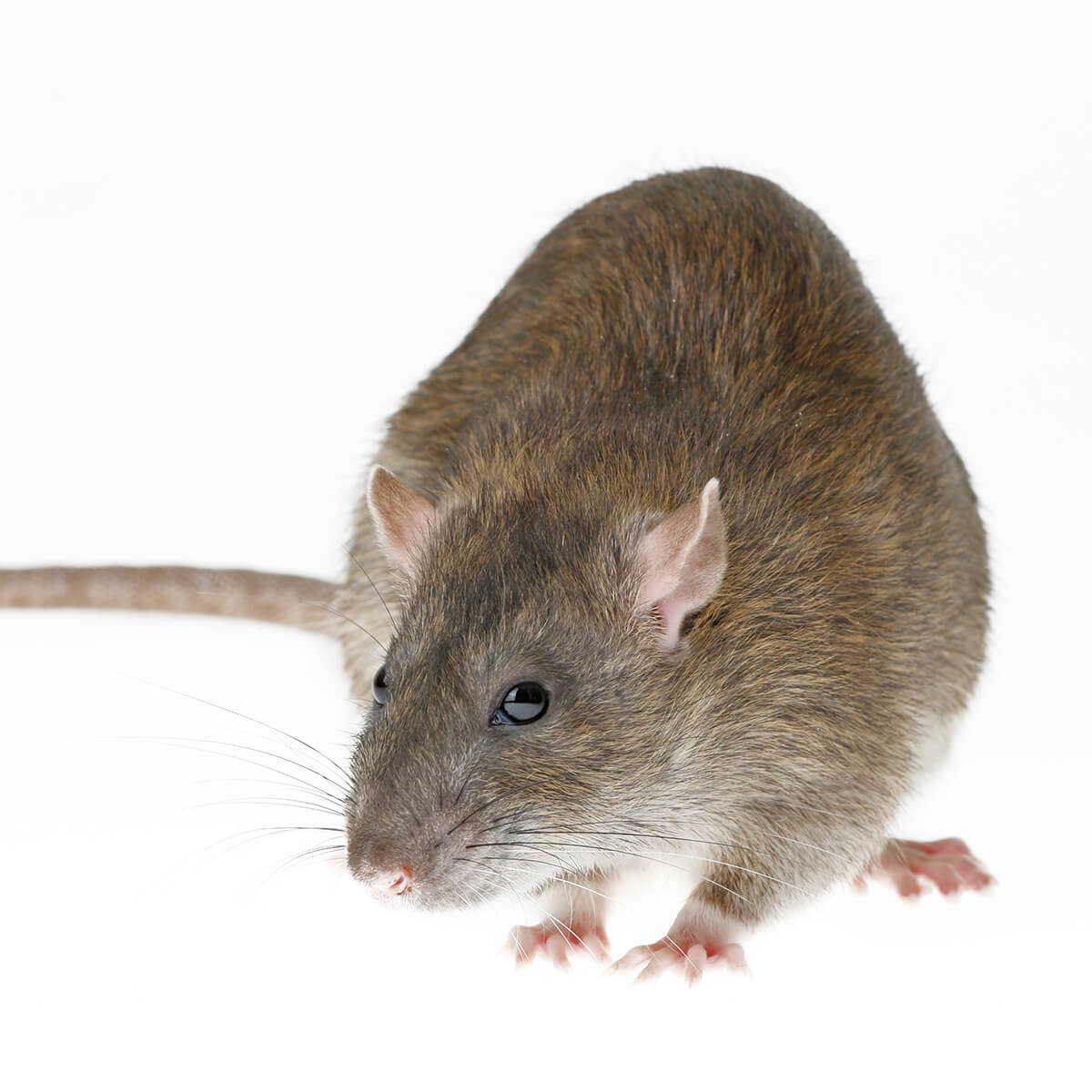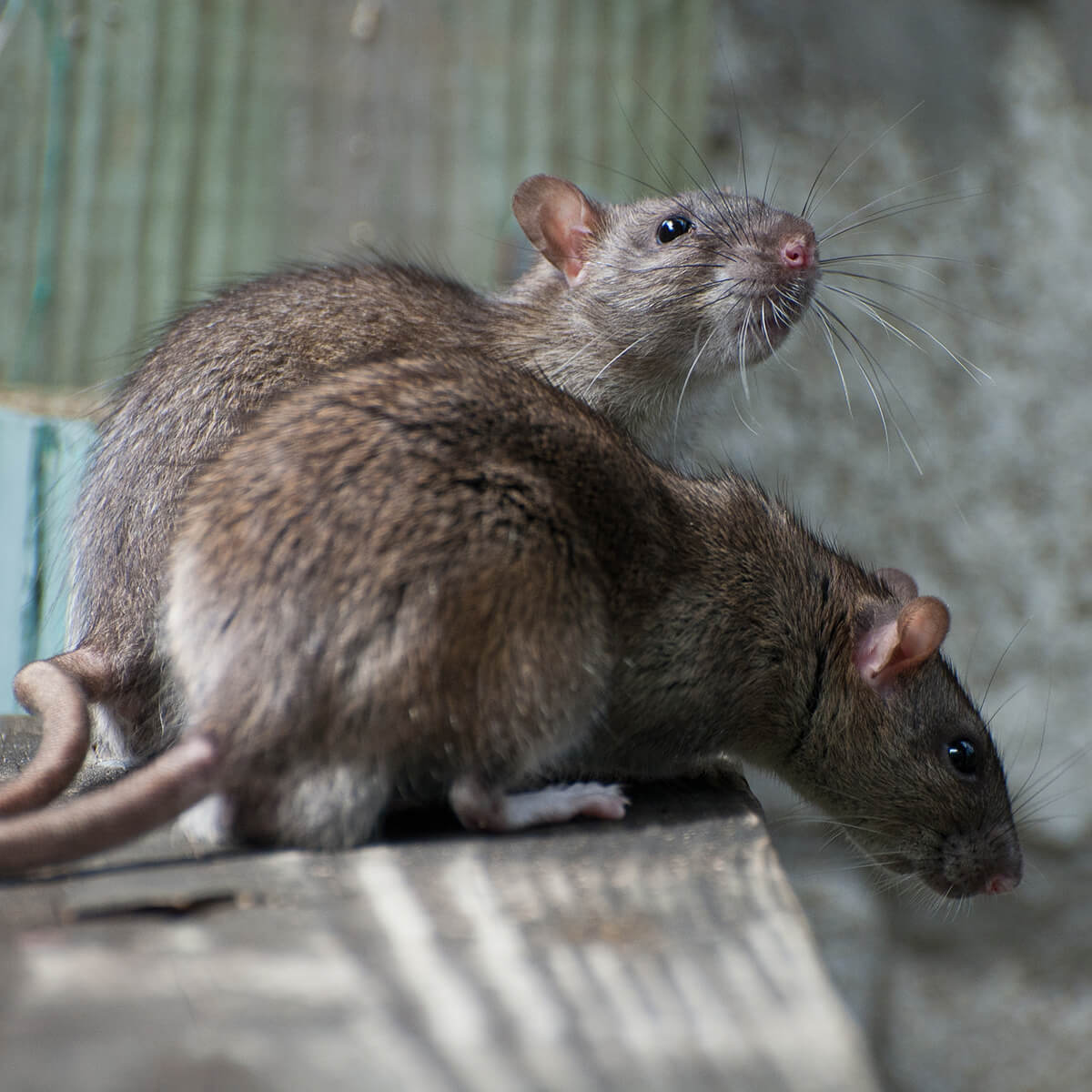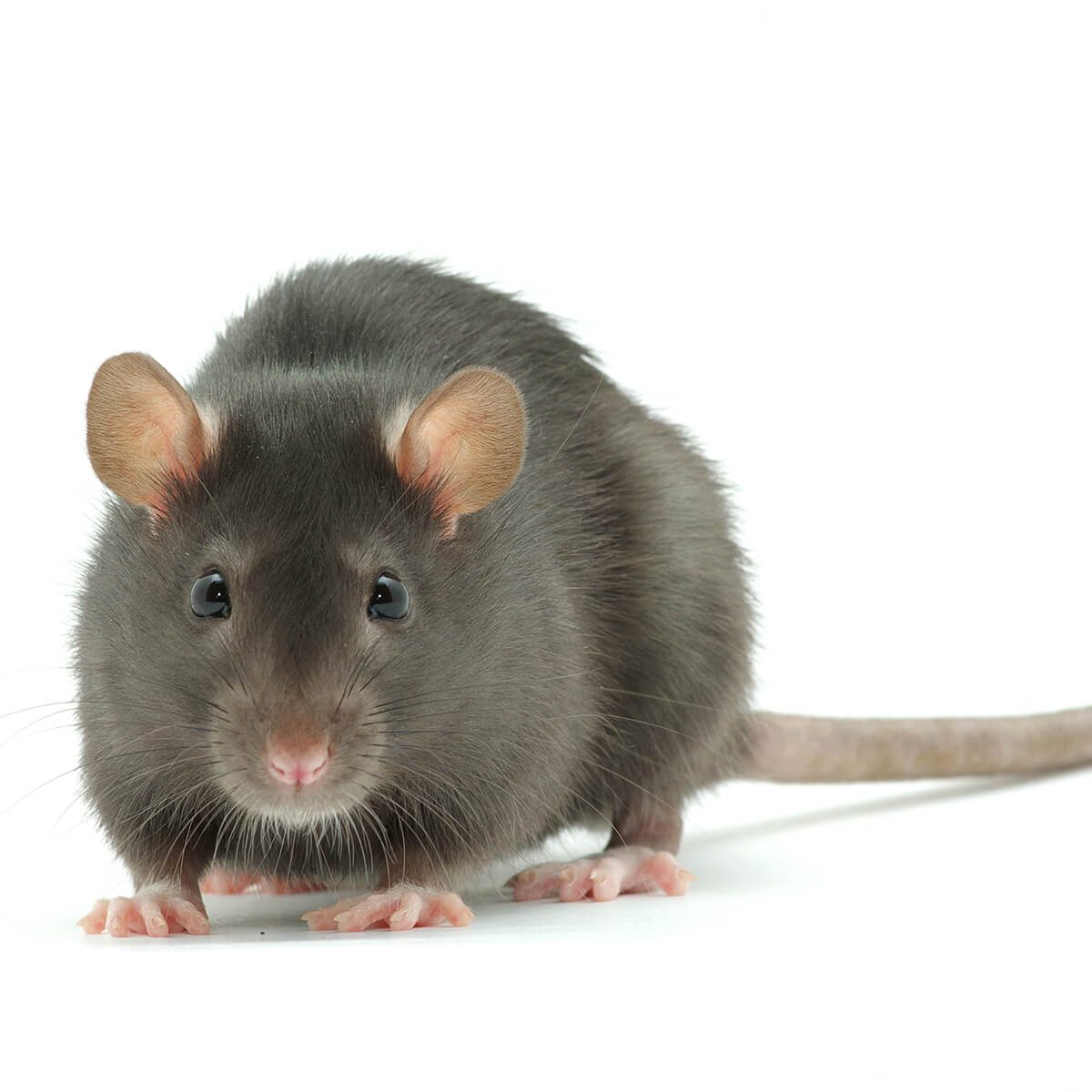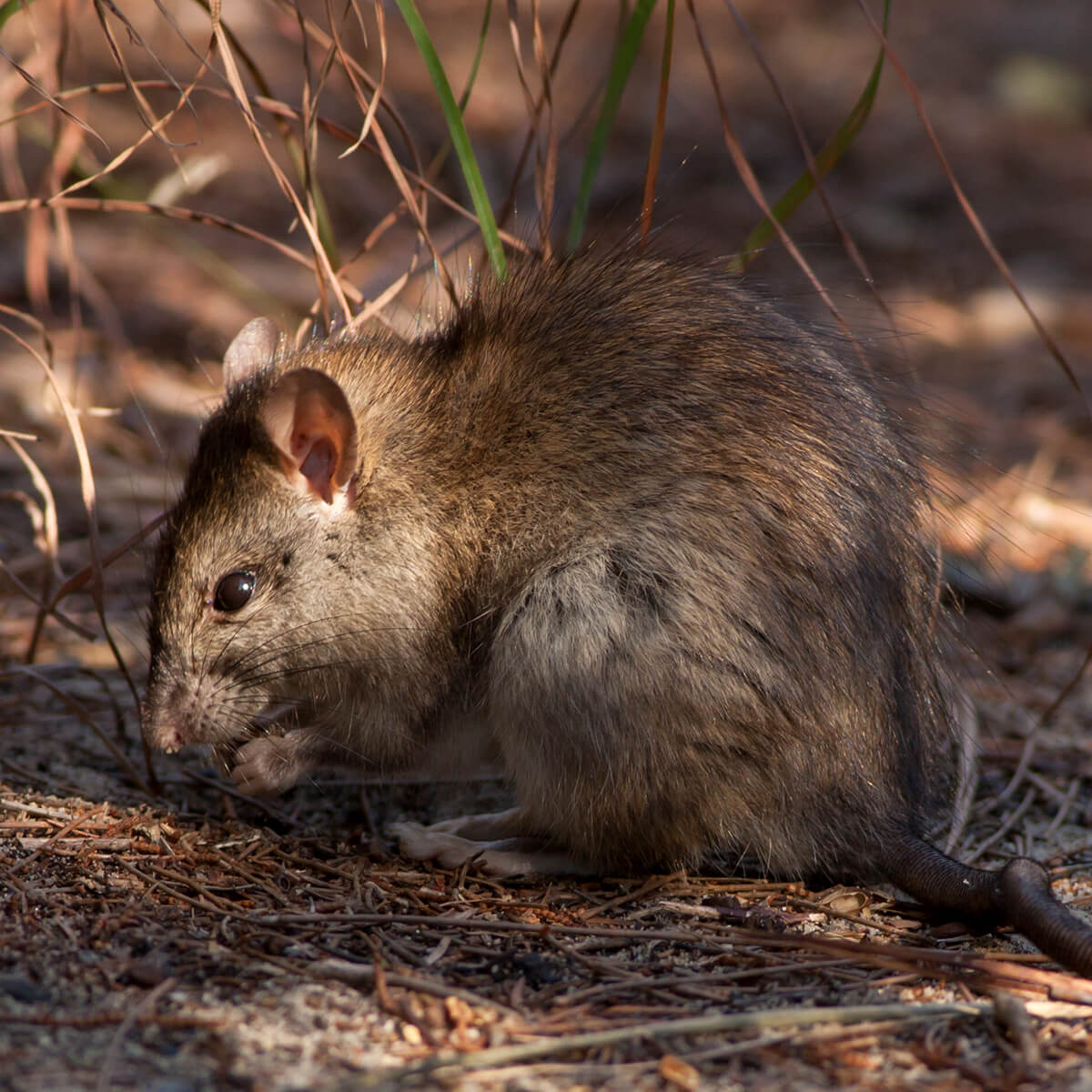Rats in Australia

Rats are deeply integrated into almost every human settlement. Some species are so prevalent.
They are the bane in the existence of big cities all around the world. But not all rats were created equal, and not all of them are pests.
Fantastic Pest Control aims at showing you the good, the bad, and the ugly rats in Australia.
Species of rats in Australia
Habitat, diet & behaviour of rats
Let's dive into the specifics of a rat's life, more specifically their preferred living environment, eating habits and daily behaviour.
Habitat
Most native Australian rats tend to keep away from humans. They're not fans of the whole idea of having to coexist with huge intelligent mammals who are out to get them. Most prefer the warm and quiet comfort of the wilderness to hide underground and in the undergrowth.
There are those species that are a bit more pestilent, though. They've evolved to live among humans and don't much care about the constant peril exterminators pose. In Australia, the most prominent is the black rat.
Diet
Rats are omnivores. This is one reason brown and black rats have evolved in a way that allows them easy access to food by proxy (i.e. humans). Our food waste is an abundant resource rats appreciate.
In the wild, they mostly survive seeds. However, rats are known to consume meat in urban environments. There have even been reports of rats trying to hunt cats, which is widely exaggerated - even if rats in cities are huge (and in Australia, they are mostly not), they don't have hunting instincts to go after anything. That being said, they are still predatory towards mice.
Check the list with specific food that attracts rodents to a house.
Behaviour
- Rats are social creatures. They have a complex caste system where every member of the group knows their place. Their interactions with one another are interesting to observe. For example, they can "ask" each other for grooming or playing. Older rats teach pups how to fight with one another playfully. These fights can go out of hand sometimes as rats are quick to fly into a frenzy.
- Rats are nocturnal animals, so it's rare to see one during the day, though it's not unheard of.
- If you think rabbits reproduce quickly, rats will blow you away. A single rat litter can consist of up to 24 pups. Their pregnancy is just 28 days long. They need about 6 weeks to become sexually mature.
- Rats have relatively poor vision. However, their senses of hearing and smell are very acute.
Learn more about the rat's life cycle, behaviour and breeding habits.
Signs of a rat infestation
- Gnawed objects or traces of rat teeth - Since they need to keep their teeth in check, they constantly gnaw and leave traces.
- Rat droppings - It's more unlikely to discover rat droppings in your house than it is to find mouse droppings.
- Noises - They may try to be covert, but rats make a lot of noise at night when they gnaw on things. Being nocturnal animals, they may disturb your sleep.
- Rat footprints - Especially in the attic or basement where dust is likely to gather.
Health hazards and property damage
Having a rat infestation can pose a threat to both your health and your home, so it's good to know what are the risks.
Diseases
Black rats, which are the most prominent rat pest in Australia, carry a host of diseases. They were the primary vectors for the plague during the Middle Ages. This species also carries Hantaviruses.
Rats transmit toxoplasmosis, which has an interesting effect on their behaviour. Because the parasite reproduces in the digestive tract of cats, it hijacks its nervous system to expose itself to cats when it infects a rat. The rat becomes a sacrificial lamb for the parasite's reproduction.
It's worth noting that toxoplasmosis rarely has symptoms when infecting humans. Some biologists are proponents of the idea it can be a factor in the development of mental disorders such as schizophrenia. Further research is needed to make sure that really is the case.
Read more about: Diseases Caused by Rats
Food and water contamination
Aside from that, rats can contaminate food and water. They generally clean themselves up a lot but doesn't mean they can get rid of all the germs they carry.
Property damage
Structural damage is not a foreign concept to rats. Their teeth grow throughout their entire life so they need to gnaw on something all the time. This can lead to catastrophic consequences if the thing they gnaw on is your plumbing or electric system. Many a fire have been started by a rat infestation.
That's not all - rats love to eat grain, so they're a huge problem in warehouses as they can contaminate many food sources.


